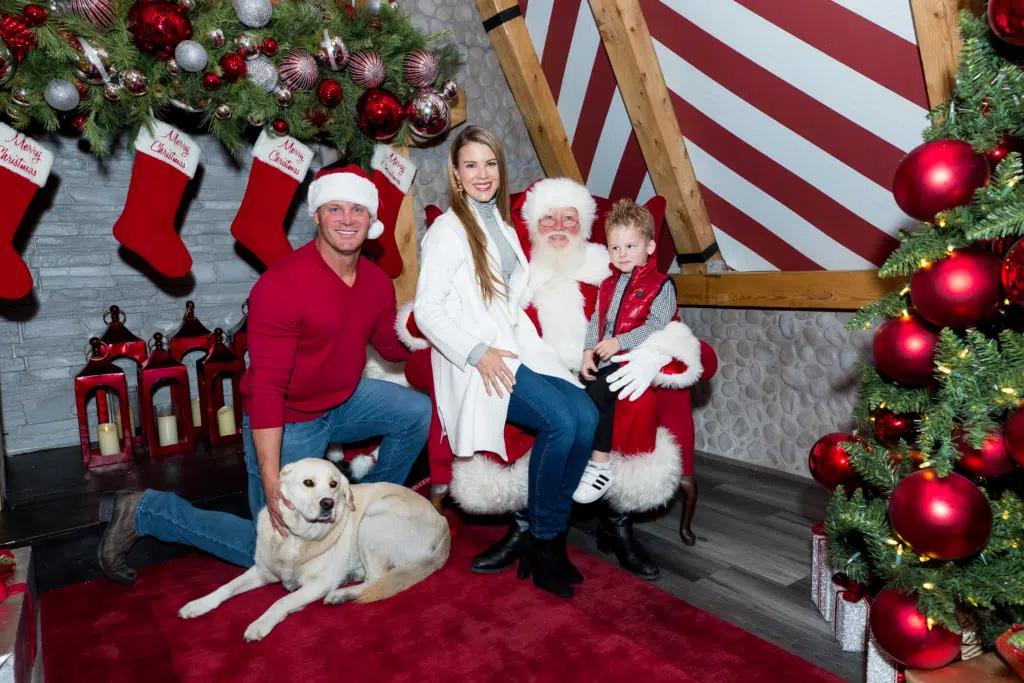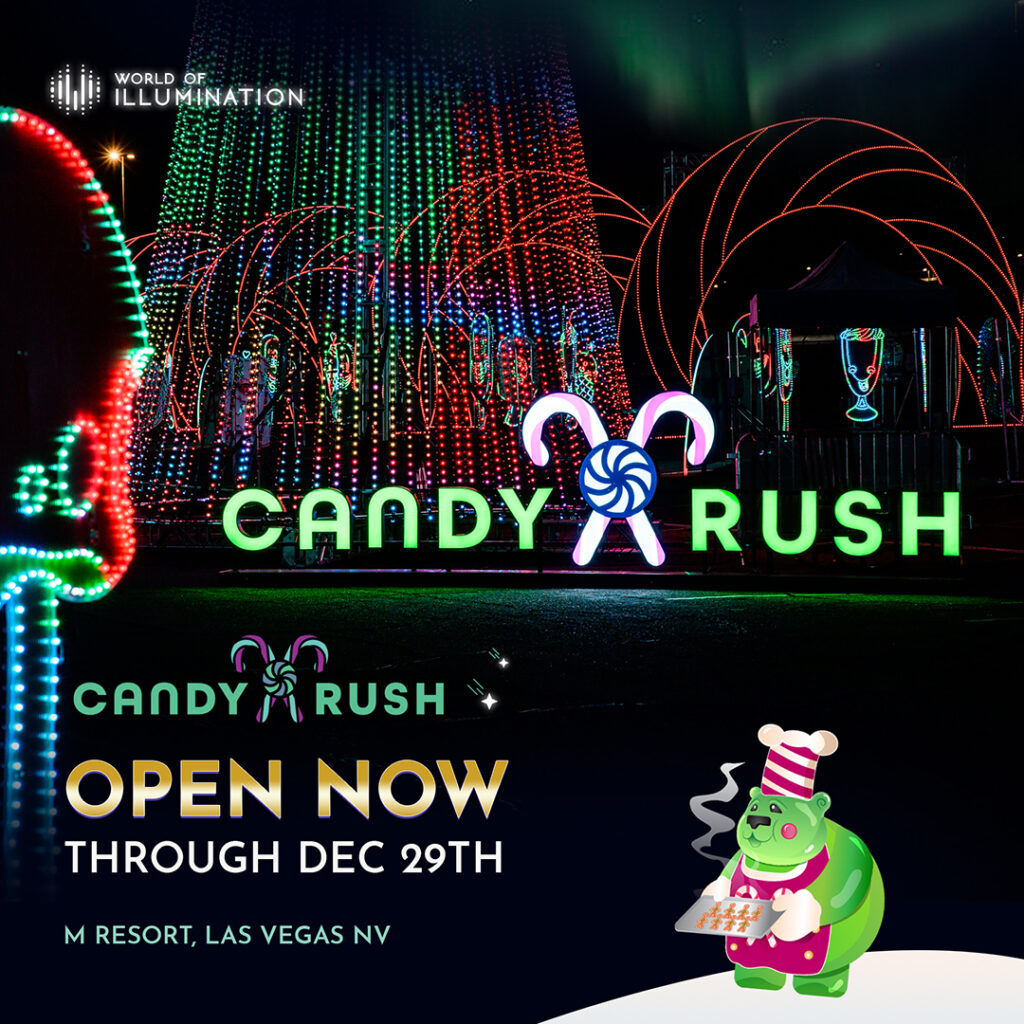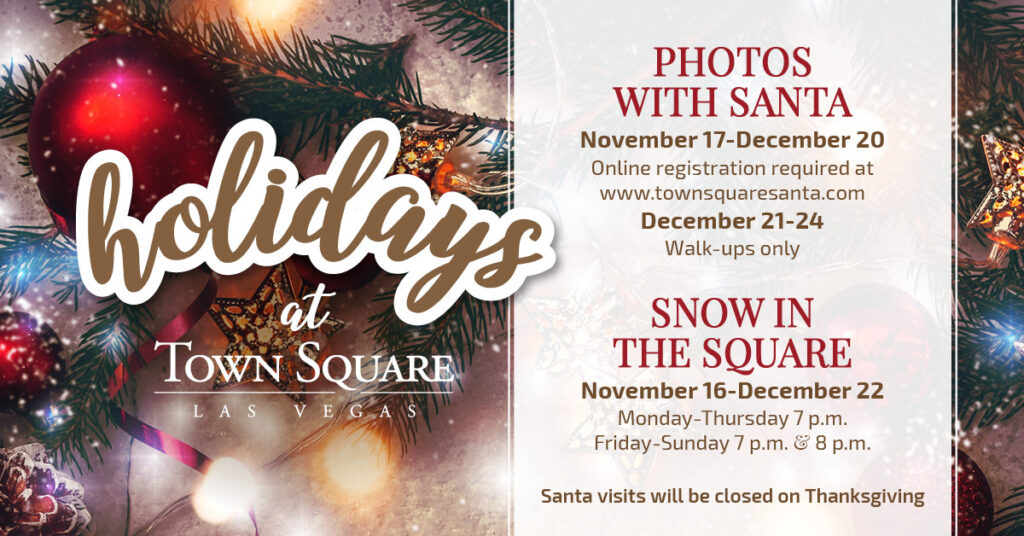
- This event has passed.
Cactus Garden Lights
December 30, 2023 @ 5:00 pm - 10:00 pm

OPEN NIGHTLY, 5-10 PM!
Come visit Nevada’s largest botanical cactus garden decorated with over a million Christmas lights and Holiday decor!
Our family friendly Holiday Garden is open nightly from 5:00 pm to 10:00 pm from November 3rd until December 31st, 2023. No reservations are required for the Holiday Cactus Garden this year!
You can take pictures with Santa, enjoy our famous hot chocolate, and grab a quick bite from our food truck.
Visit us opening weekend, November 3-5, 2023, for a complimentary 4 oz. cup of our famous hot chocolate served from 5-7pm or while supplies last, free Christmas light glasses for kids under 12 (while supplies last), and chances to win raffle prizes!
HOLIDAY HOURS
- Christmas Eve – Saturday, December 24th – 10am-8pm
- Christmas Day – Sunday, December 25th – CLOSED
- New Year’s Eve – Saturday, December 31st – 10am-8pm
‘TIS THE SEASON OF GIVING
This year, a $2 entrance fee per person is required and will be donated to Help of Southern Nevada and Three Square Food Bank. The entrance fee can be paid with either cash or credit card. Please note that we will not be collecting toys and non-perishable food items this year.
WHERE TO PARK
You may park in any of the Ethel M Chocolates parking lots, at Roseman University Campus (follow red arrows) or across the street at the Smith’s parking lot.
Please do not park in the parking lots around the Green Valley Business Park as you will be towed.
NO RESERVATIONS ARE REQUIRED FOR THE HOLIDAY CACTUS GARDEN THIS YEAR!
DOGS & OTHER PETS ARE NOT ALLOWED IN THE CACTUS GARDEN.
This is for their safety. The cacti are exposed and close to the path. There’s a very high risk that animals will come in contact with cacti if they stray from the path at all.
Under The Americans with Disabilities Act (ADA), service animals (dogs and miniature horses) are permitted and must be harnessed, leashed, or tethered, unless the individual’s disability prevents using these devices or these devices interfere with the service animal’s safe, effective performance of tasks. In that case, the individual must maintain control of the animal through voice, signal, or other effective controls.



